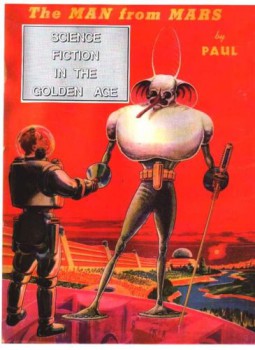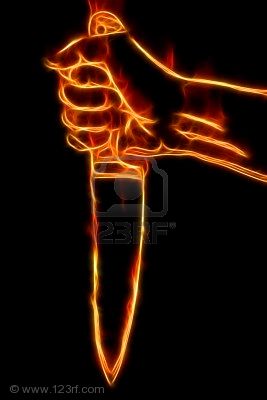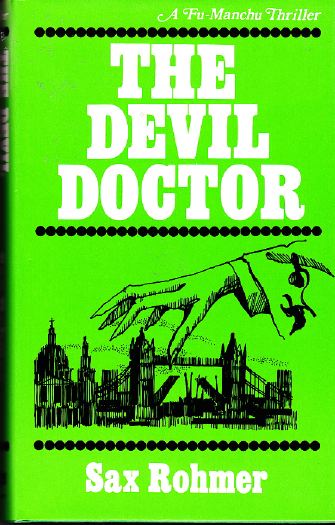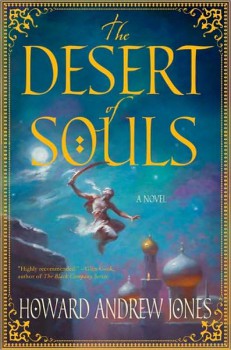Monstrous Post on Monsters III: Monstronomicon

I ranted and raved in the previous installment of this monstrous undertaking about how all the mere morsels who responded to my first post in the the series did little to address my actual question — which was, who are the great monster of modern heroic fantasy? What crevasses do they haunt, what lonely paths do they prowl?
As you can see, many monstrosities were discussed, but little from the preferred topic of this here Black Gate blog.
However, as those comments were coming in, I also received an email from one Massimiliano Izzo of Genova, Italy, who dealt out all sorts of fantastical fantasy monsters the way Grendel dealt out death to drunken Danes — in large amounts, with enthusiasm.
 Here is how this morsel describes himself: “You can just say that I became addicted to fantasy when I was 13 and ‘The Lord of the Rings’ blew me away…since then I’ve read a little bit of everything from William Morris and Dunsany to recent authors like Erikson and Robin Hobb, but I still do prefer the old school (before-Brooks). I’m also interested in mythologies from all over the world (by the way, Filipino folklore rocks! They have some terrific monsters.)
Here is how this morsel describes himself: “You can just say that I became addicted to fantasy when I was 13 and ‘The Lord of the Rings’ blew me away…since then I’ve read a little bit of everything from William Morris and Dunsany to recent authors like Erikson and Robin Hobb, but I still do prefer the old school (before-Brooks). I’m also interested in mythologies from all over the world (by the way, Filipino folklore rocks! They have some terrific monsters.)
“Currently I’m a little bit bored with multi-volume series and I prefer standalone books. My favoutite authors, besides Tolkien are Patricia McKillip (hands down!!), Jack Vance and GRRMartin. I could add R.E. Howard, J.K. Rowling and another thousand of pretty predictable names but I’m stopping here… Ah, and I love old school hard rock/heavy metal/AOR.”
All monster lovers should adore metal, of course.
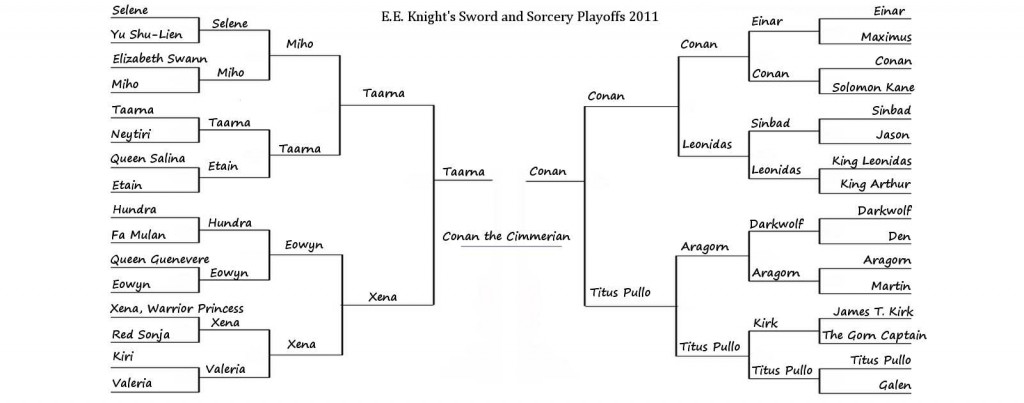


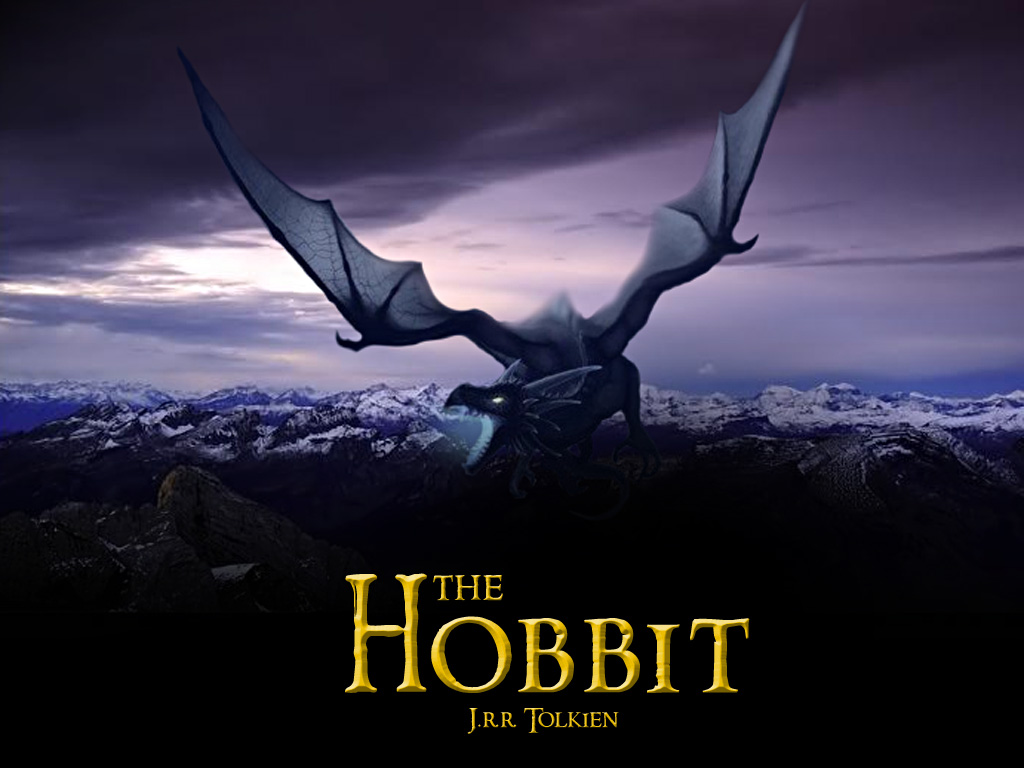
 You can read my
You can read my 